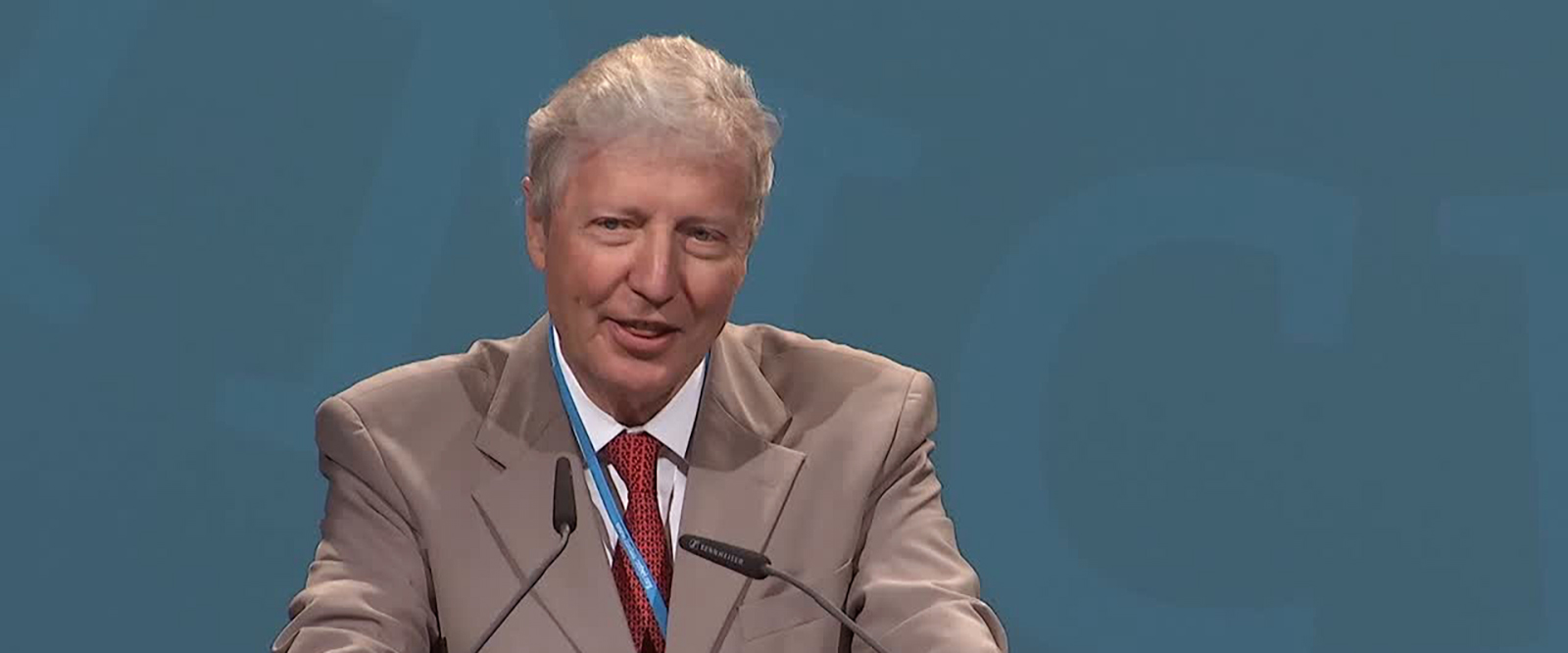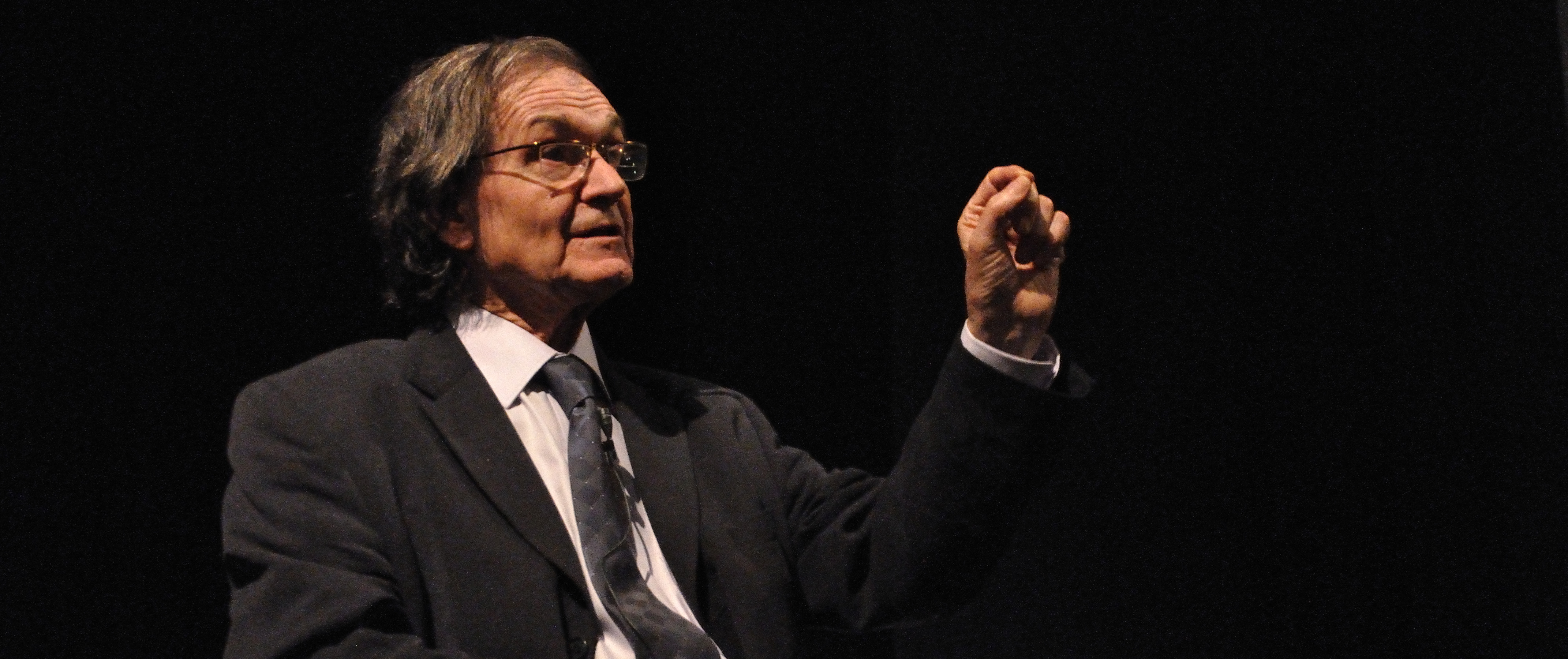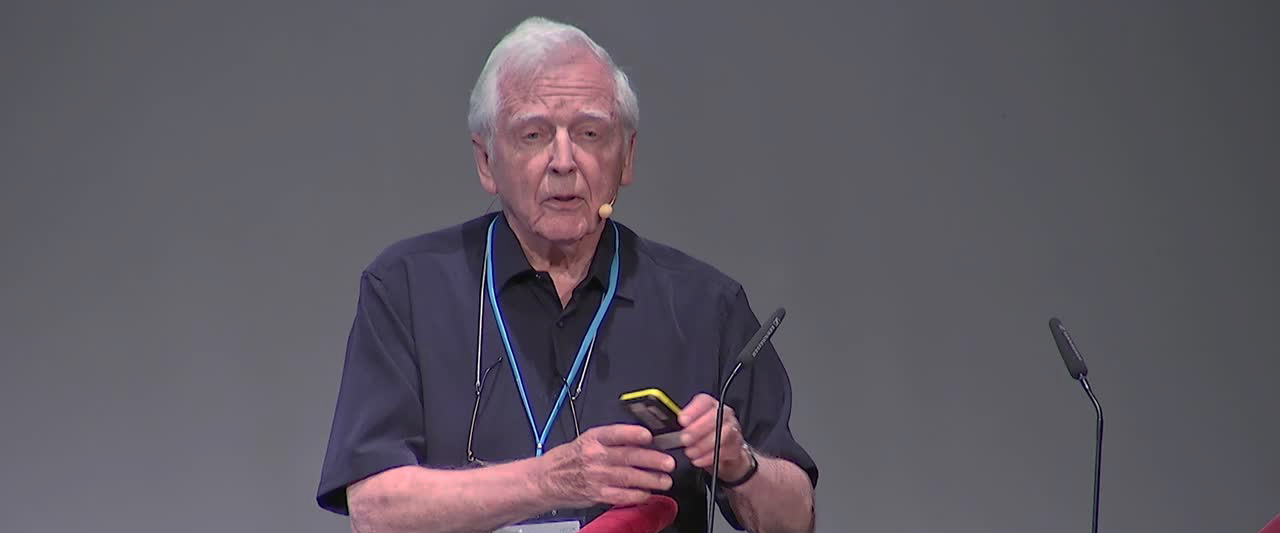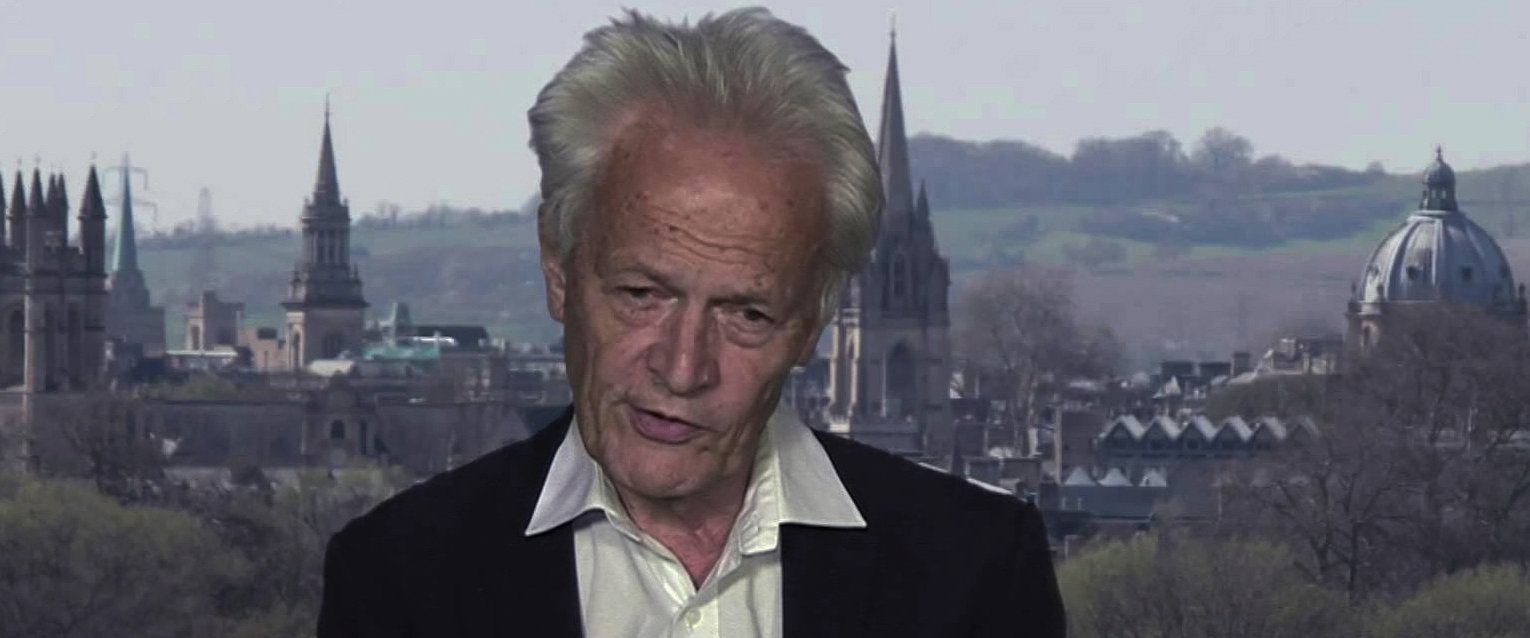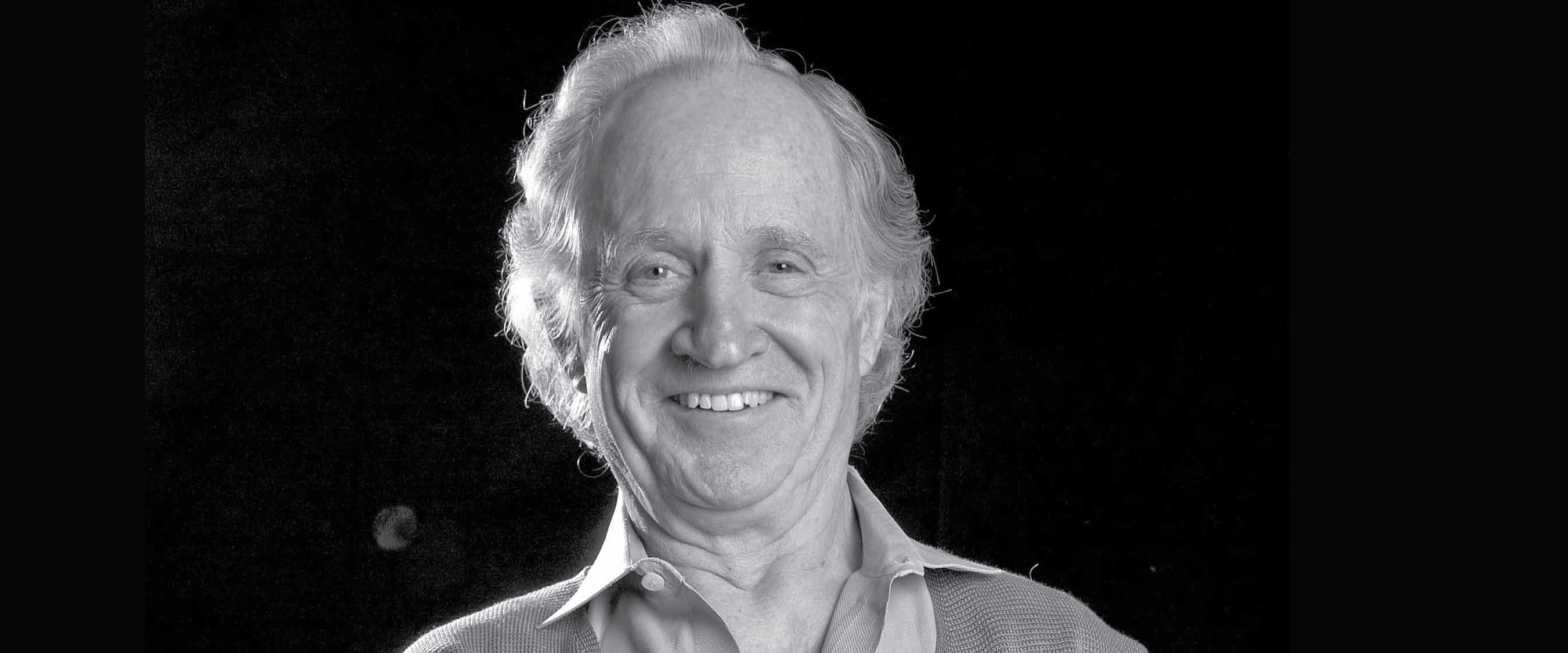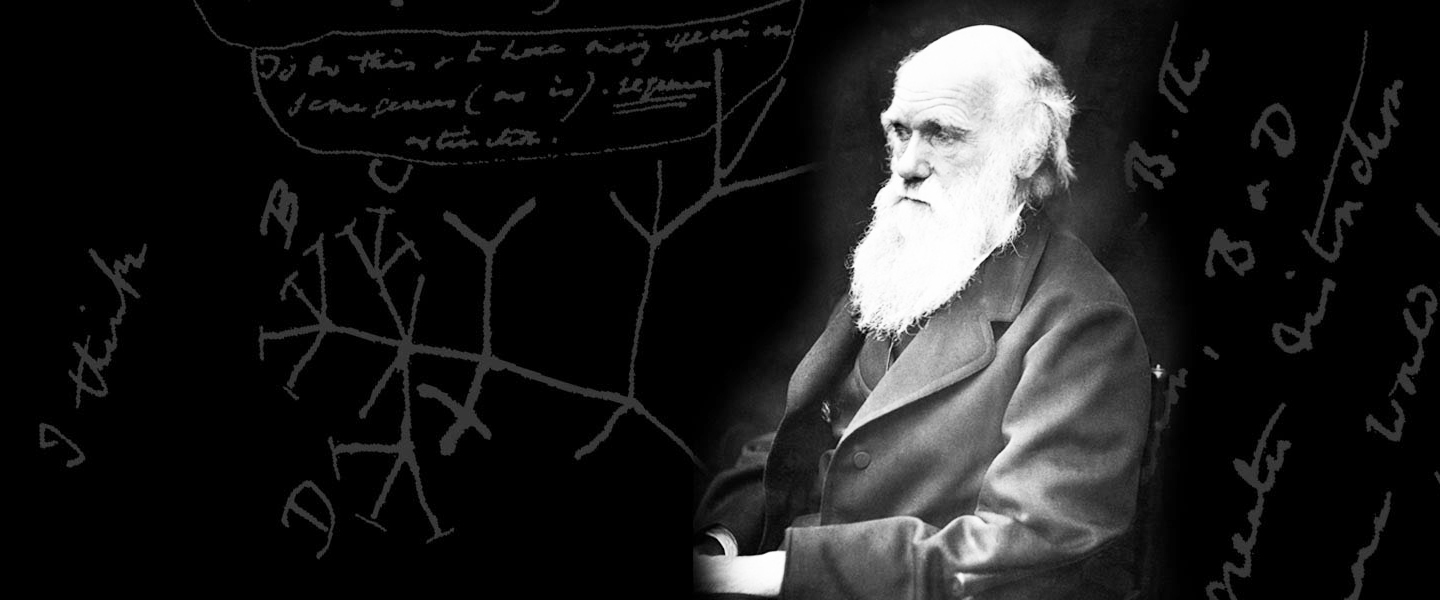On Tuesday the 4th of April at 6.00 Silvia Montoya, Director of the UNESCO Insttute for Statistics in Montreal will give an online seminar entitled The Global tatus of Education. The seminar will be broadcasted in the College lecture theatre and it is the first opntribution to the College series on Access to Education - 2023. S Montoya will analyse and review the challenges and progress of education worldwide toward the targets set by the United Nations for year 2030.
The poster of the seminar is available here. The abstract of the seminar and a short biographical sketch of the speaker are avalable at this page.
Image
School boys in Nigeria.
Collegio A Volta has promoted a major seminar series on Access to Education - 2023 that will review analysis and progress of education worldwide toward the year 2030 targetsse set by the United Nations in 2015. The series consists of two parts: the first addresses general and/or global questions, challenges and developments; the second will focus on education in Italy. The College is grateful to the United Nations Institutes, the other International Organisations and the Universities that will contribute to this major series with their staff and their research.
The series is a celebration of the life and work of Don Lorenzo Milani, the Italian Catholic priest who argued for and took upon himself the challenges and the tasks of education for the underprivileged. Don Lorenzo Milani was born in Florence on the 27th of May 1923 and died in Florence on the 26th of June 1967 and Collegio A Volta has puposedly aligned the Access to Education - 2023 seris with the birth centenary of Don Lorenzo Milani. The poster of the first part of series on Education. Global Challenges is available here. The poster of the second part of the series on Education. Focus on Italy will be published shortly. A brief tribute to the life and work of Don Lorenzo Milani is available at this page.
Image
Don Lorenzo Milani and several of his pupils at the school that he set up in Barbiana (Florence, circa 1965).
4 April 2023. Silvia Montoya, UNESCO Institute for Statistics, Montreal.
The Global Status of Education
On Tuesday the 4th of April 2023 at 6.00 pm, Silvia Montoya, Director of the UNESCO Institute for Statistics will give a seminar entitled The Global Status of Education The seminar will provide an overall picture of world education and progress toward the targets sets by the United Nations for year 2030. The poster of the seminar is available here.
_____________________________________
Abstract
In 2015 the global community adopted a set of Sustainable Development Goals (SDGs) to be attained by 2030. The same year UNESCO Member States gave the UIS the mandate to lead on monitoring progress to the Sustainable Development Goal on Education - SDG 4. In 7 years that have passed since then, the global progress have been not as rapid as expected, and there are many reasons for it - most obviously, the global COVID-19 pandemic that impacted education all over the word. But even outside of a global shock such as the pandemic, it is clear that countries need to accelerate progress in the run-up to 2030. During her presentation, the Director of the UNESCO Institute for Statistics, Dr. Silvia Montoya will touch upon the key issues at heart of SDG 4 such as access, learning, equity, and the factors that impact progress of the countries towards the set targets.
Biographical Sketch
Silvia Montoya is the Director of the UNESCO Institute for Statistics (UIS), which is the official UN repository for statistics in the fields of education, science and technology, culture, and communication. Dr. Montoya has extensive experience in a wide range of national and international initiatives to improve the quality, management, and use of education statistics, with a specific focus on learning assessment. With the adoption of the Sustainable Development Goals (SDGs), she represents UNESCO as the co-leader of SDG4, working closely with the international education community to measure progress toward education targets. Among the accomplishments made possible under her leadership is a global consensus on the core indicators and methodologies to monitor SDG4 with a particular emphasis on measuring learning; regional and national commitments to SDG4 through benchmarking; improved access to relevant and high-quality data for decision-making through the Global Education Observatory (GEO), to name a few. Since September 2022, Dr. Montoya has been serving as the Co-Chair of the Committee of Chief Statisticians of the UN systems (CCS-UN) and as a member of the bureau of the Committee for Coordination of UN Statistical Activities (CCSA). Prior to her appointment as the UIS Director in 2015, Ms. Montoya worked at the Ministry of Education of Argentina, where she occupied the position of the Director-General of Assessment and Evaluation of Education Quality and the first Executive Director of the Unidad de Evaluación Integral created to lead the Educational Quality Agenda by former Argentinian President Mauricio Macri. Among her many responsibilities, she oversaw the creation of the first comprehensive education quality index produced in Argentina, coordinated Argentina’s participation in several international assessment programmes, as well as introduced a series of institutional changes and capacity-building initiatives of National and Provincial statistical unit to strengthen independence and objectivity in the production of education statistics and the measurement of learning outcomes. She holds a Master’s and PhD in Policy Analysis from the Pardee RAND Graduate School, and a Master’s degree in Public Administration from Kennedy School of Government at Harvard University. Dr. Montoya has taught at the Catholic University of Argentina, and authored many publications on education, vocational training, and labour market issues. She has extensive experience as a researcher and consultant for major national and global organizations.
Image: School girls in Pakistan. Courtesy of Global Giving
The 2022/23 A Buzzati-Traverso lecture - entitled Engineering a Bacterium for Therapy - will be given by Luis Serrano Pubul of the Centre for Genomic Regulation in Barcelona at 5.00 pm on the 11th of April 2023 in the College lecture theatre. This annual lecture is organised annually by the College and Fondazione A Buzzati-Traverso to celebrate the life and work of Adriano Buzzati-Traverso, distinguished professor of Genetics at the University of Pavia from 1948 and the founder of International Laboatory of Genetics and Biophysics in Naples in 1962.
The poster of the lecture is available here and further information about the lecture is available at this page.
Image
Mycoplasma pneumoniae. Courtesy of Stephen Gschmeissner.
11 April 2023.
Luis Serrano Pubul, Centre for Genomic Regulation, Barcelona.
At 5.00 pm on the 11th of April 2023 Luis Serrano Pubul will give the 2022/23 Adriano Buzzati Traverso lecture entitled Engineering a bacerium for therapy in the College lecture theatre. The poster of the lecture is available at this link.
Abstract
Engineering bacteria for treating human diseases presents new opportunities in therapeutics. Although lung diseases are among the top causes for mortality worldwide, there is no treatment for them based on a live biotherapeutic. We have engineered a genome-reduced human lung bacterium, Mycoplasma pneumoniae (MPN), as a novel treatment for lung diseases encompassing infections, fibrosis and cancer. We found that expression of biologicals by engineered MPN has a limited physiological impact in mice due to its low expression capacity. To solve these issues, we use our protein design software FoldX and ModelX to increase the effective expression in MPN, and the activity in mouse lungs. This rational design strategy of combining synthetic biology with protein design is quite powerful to foster bacterial therapy.
Biography
Luis Serrano did his PhD at the CBM (Madrid, Spain) on Cell Biology. Then he spent 4 years in the laboratory of Prof. A.R. Fehrst (MRC, UK) working in protein folding. In 1993, he became Group Leader at the EMBL (Heidelberg, Germany) working in Protein Folding and design. Ten years later, he was appointed head of the Structural & Computational Biology programme at the EMBL and he started to work on Systems Biology. By the end of 2006 he moved back to Spain to lead a programme working on Systems Biology, where he was appointed vice-director before finally becoming the CRG director on July 2011. He is a member of the Spanish Society for Biochemistry and Molecular Biology (SEBBM), member of the European Molecular Biology Organization (EMBO), and member of the Royal Spanish Academy of Sciences (Spain). In 2003 he received the Marie Curie Excellence Award, in 2009 he was awarded the City of Barcelona prize (science category), an annual award organized by Barcelona City Council and in 2018 the Francisco Cobos award (http://fundacionfranciscocobos.org/). In recent years he has won sixe prestigious grants from the European Research Council, three ERC Advanced Grants and three ERC Proof of Concept grants. He is Professor of ICREA. He has published more than 350 papers in international journals. He was involved in the creation of one of the first Spanish Biotech Companies (Diverdrugs) in 1999. He is also co-founder of Cellzome, EnVivo, TRISKEL, Pulmobiotics and Orikine biotech companies. He has been Director and Founder of the association of European Institutes of Excellence EU-LIFE (https://eu-life.eu/) and he was until 2020 the chair of the association of Spanish institutes of excellence, Severo Ochoa and Maria de Maeztu (SOMMa; https://www.somma.es/)
Image
An electron micrograph of M pneumoniae. Courtesy of María Lluch (Centre for Genoic Regulation, Barcelona)
05 April 2023.
Jules Hoffmann, University of Strasbourg.
At 5.00 pm on the 5th of April 2023 Jules Hoffmann will give the 2022/23 Marco Fraccaro lecture entitled The Evolution of Innate Immunity in Aula U Foscolo (trada Nuova 65). The poster os the lecture is available at this link.
Jules Hoffmann and his colleagues discovered in 1996 the role of theToll receptor in immunity. Toll had been discovered a several years earlier by Christiane Nüsslein-Volhard as a gene involved in determing the antero-posterior polarity of the early embryo of D melanogaster. The discovery of the role in immunity of the Toll pathway by Juls Hoffmann and the subsequent work by Charles Janeway at Yale have revolutioned the field of immunity and for his Jules Hoffmann was awarded a share of the 2011 Nobel Prize in Physiology or Medicine.
Biography
Jules Hoffmann was born in Luxembourg in1941. He studied Biology at the University in Strasbourg, the University from which he also earned his doctoral degree in 1969. After a period of study and research in Marburg, Germany, J Hoffmann returned to Strasbourg where he worked throughout his whole scientific career serving as a director of a research laboratory of the Centre national de la recherche scientifique (CNRS). He has also served for a number of years as a professor at the University in Strasbourg.
Marco Fraccaro
Marco Fraccaro (26 September 1926 - 2 April 2008) was a distinguished geneticist and Professor of Human Genetics at the University of Pavia for over thirty years. Born in Pavia, he attended the local Liceo Classico Ugo Foscolo with and the Medical School of the University of Pavia where he graduated in 1950. After a few years at the local Institute of Pathological Anatomy he moved to Lionel Penrose in the Galton Laboratory at UCL in 1954 with a fellowship from the British Council and, a year later, to Jan Book’s laboratory in Uppsala where he stayed until 1958 during which time he met his future wife Inga. In 1960, he moved to the newly formed MRC Population Genetics Research Unit in Oxford under Alan Stevenson where he continued his work on cytogenetics that he had initiated in Uppsala. He returned to Pavia in 1962 where he started a highly successful and productive laboratory with funding from NATO and EURATOM and where he took up the Chair of Human Genetics, which he held until 2001.
Throughout his research Marco Fraccaro focussed primarily on sex chromosome abnormalities, especially the genetic abnormalities responsible for abnormal physical and sexual development, but he contributed to several other areas of Genetics such as the distribution in the population of specific types of congenital malformations and the effect of radiation on chromosomes of cells. Marco Fraccaro was deeply attached to Pavia and Oxford and there was hardly a conversation in which he failed to mention the life and history of these two cities. His love for Oxford was also expressed in a small book of quotations (Oxford for strangers of all sorts) which he published in 1997. From 1971 until 2002 he was Master of Collegio Cairoli, one of the University Colleges at Pavia. He run the College informally and effectively and made Cairoli a place of learning and debate for students and staff. He also made it into a meeting point for modern visual arts by organising a successful series of exhibitions of modern artists that will enrich the College for years to come. Marco Fraccaro has been one of the defining personalities of the University of Pavia in the second half of the 20th century and the lecture aims to recognise his interests in Science and the Arts and his intellectual legacy.
Image
A mutant fruit fly killed by fungus due to the absence of a functional Toll gene and anti-fungal immunity.
The 2022/23 Marco Fraccaro - entitled The Evolution of Innate Immunity - will be given by Jules Hoffmann of the University of Strasbourg at 5.00 pm on the 5th of April 2023 in Aula U Foscolo,in the main University building in Strada Nuova 65. This annual lecture is organised annually by Collegi A Volta and Flli Cairoli to celebrate the life and work of Marco Fraccaro, distinguished professor of Human Genetics at the University of Pavia between 1964 and 2003 and Master of Collegio Flli Cairoli from 1970 and 2003,
Jules Hoffmann has made groundbreaking conribution to the study of immunity by unveiling the role of the Toll receptor pathway in immunity and for his work he receivd a share of the Nobel Prize for Physiology or Medicine in 2011. The poster of the lecture is available here and further information about the lecture is available at this page.
Ugo Gianazza, Professor of Mathematics at the University of Pavia and former director of the Department of Mathematics is giving an advanced, postgraduate course on the Mathematics of Fluid Mechanics and its Applications in College starting on March 20th and continuing twice a week (Monday and Thursday) at 6.00 pm in Seminar Room 1 until the end of May. College students enrolled in MSc or PhD Courses in Mathematics, Physics, Engineering and Chemistry are welcome to join this lecture series. The main topics covered by the course are listed below:
[1] Physics of the Navier-Stokes Equations
[2] Preliminary Analytical Tools
[3] Time-Dependent Navier-Stokes Equations in Bounded Domains
[4] Proof of the Leray-Hopf Existence Theorem
[5] Higher Integrability and Consequences
[6] Recovering the Pressure
[7] A Short Introduction to Partial Regularity
[8] Applications and Open Problems
The poster of the course is available here. The lecture notes of the course are available here.
Image: Courtesy of the University of Minnesota (https://cse.umn.edu/math/mathematical-fluid-mechanics)
Ugo Gianazza, professor of Mathematics at the University of Pavia and a former of the Department of Mathematics, will give a Course in College on Mathematical Topics in Fluid Mechanics and Applications. The Course is addressed to MSc students in Mathematics, Physics, Engineering and Chemistry and College students enrolled in these course are welcome to participate.
The poster of this lecture series is available here. A list of key topics to be covered in the course is available on the poster itself.
Image
Courtesy of CJ Howland (University of Cambridge).
9 March 2023. Marco Sandri, Department of Biomedical Sciences, University of Padua, Italy
Mitochondrial as a Central Cellular Hub
On Tuesday the 9th of March 2023 at 4.00 pm, Marco Sandri of the Department of Biomedical Sciences of the University of Padua has given a seminar entitled Mitochondria, a Central Cellular Hub. The poster of the seminar is available here.
_____________________________________
Biographical Sketch
Marco Sandri is the head of the Department of Biomedical Sciences at the University of Padova, one of the Italian departments of eccellence 2023-2027 with a project “Mitochondria, muscle and health: from molecules to humas”. He is a Highly Cited Researcher (Clarivate Analytics) and a group leader at the Venetian Institute of Molecular Medicine, Padova. He is particularly interested in understanding the signaling pathways that control muscle mass with a focus on the role of the ubiquitin-proteasome and autophagy-lysosome systems. He was the first to show a transcriptional-dependent regulation of autophagy and protein breakdown. His research has provided insights into mechanisms of regulation of these proteolytic systems and to metabolic adaptations to physical activity. He is a leading scientist in the field of mitochondrial dynamics and autophagy and their relationship with ageing and physical activity/inactivity.
Image: A false colour image of isolated mitochondria under the electron microscope. Courtesy of Science Photo Library/Getty Images
